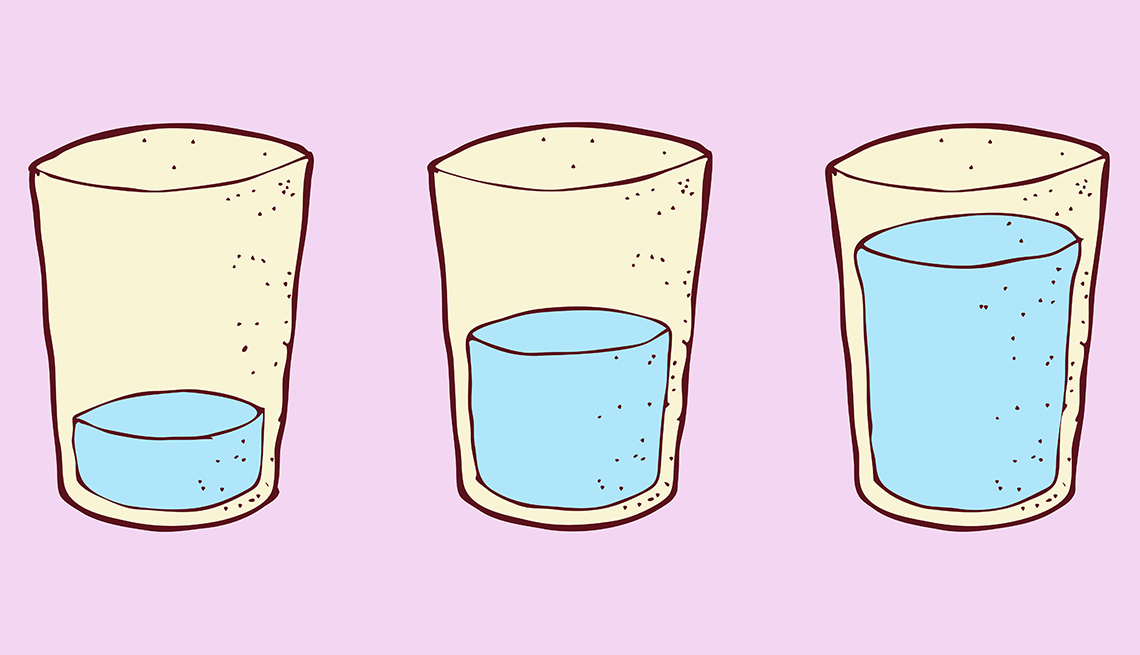
Do you really need 8 glasses of water?
- Select a language for the TTS:
- UK English Female
- UK English Male
- US English Female
- US English Male
- Australian Female
- Australian Male
- Language selected: (auto detect) - EN
Play all audios:

THE HEALTH-HYDRATION CONNECTION Though experts may not agree on the precise amount of water we should drink to meet the total daily DRI (or dietary reference intake) for overall water
consumption, this much is clear: Staying hydrated is a big deal. “You might think that since your body has so much water — more than 50 percent — it shouldn’t make a difference, even if you
lose some,” says Stavros Kavouras, a professor of nutrition and director of the Hydration Science Lab at Arizona State University. “However, the data suggest that even a 1 to 2 percent water
deficit is enough to lower exercise performance, impair cognitive function and worsen cardiovascular function.” That’s not all. A new study from the National Institutes of Health (NIH)
suggests that adults who aren’t sufficiently hydrated may age faster, face a higher risk of chronic diseases — such as lung disease, diabetes, heart failure and stroke — and be more likely
to die younger than those who stay well-hydrated. The results are based on 30 years’ worth of data collected from more than 11,000 adults in the U.S. who were 45 to 66 years old when the
study began. The researchers looked at levels of sodium in the participants’ blood to determine hydration (higher concentrations are a sign that they most likely weren’t consuming enough
fluids) and found that those with blood-sodium levels at the higher end of the normal range had aged faster than those at the lower end of the range. “While more research is needed, the main
theory regarding the mechanism by which hydration status might affect health and aging is through elevated levels of antidiuretic hormone,” Jacques says. That’s the hormone “that helps
regulate total body water by [controlling] water excretion in the kidneys and by stimulating thirst.” If you’re underhydrated, that hormone is elevated, he says. Exacerbating the problem:
Research shows we tend to drink less as we age. One study published in 2019 in the journal _SAGE Open Nursing _suggests that up to 40 percent of older adults may be chronically
underhydrated. The obvious culprits: Certain medications, such as diuretics, may negatively affect water balance, plus some older adults may intentionally reduce their water intake because
of incontinence or other concerns about bladder control. What’s more, the sensation of thirst tends to decline with age. “When you’re younger, you get thirsty and you get something to drink,
but older people in the same situation don’t feel thirst,” says Rosanne Leipzig, M.D., professor of medicine in the Department of Geriatrics and Palliative Medicine at the Icahn School of
Medicine at Mount Sinai in New York City and author of _Honest Aging_. “It’s unclear why, but it has amazing repercussions.”
